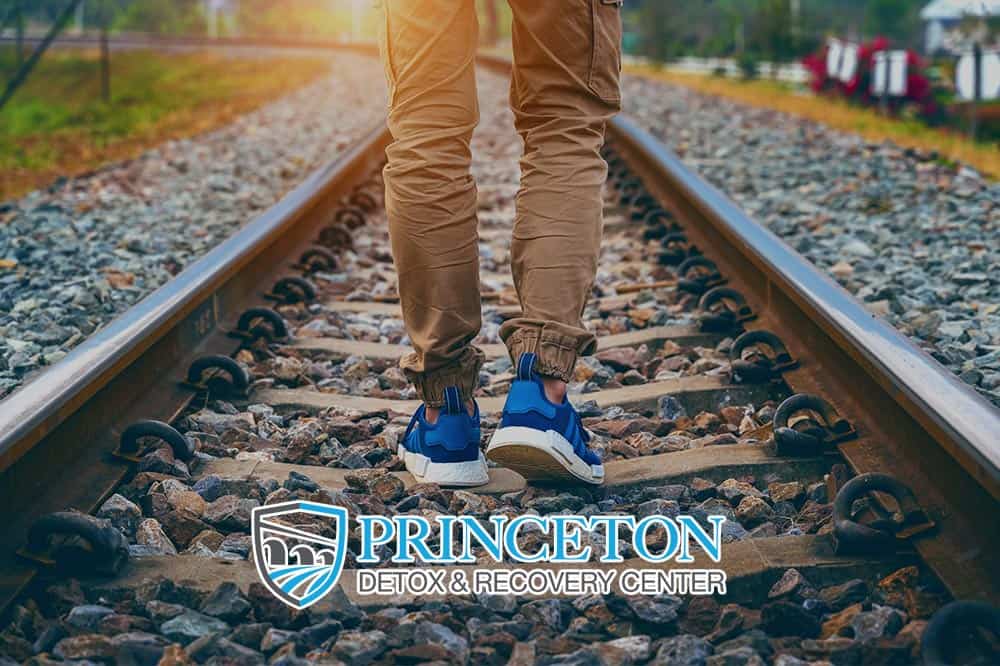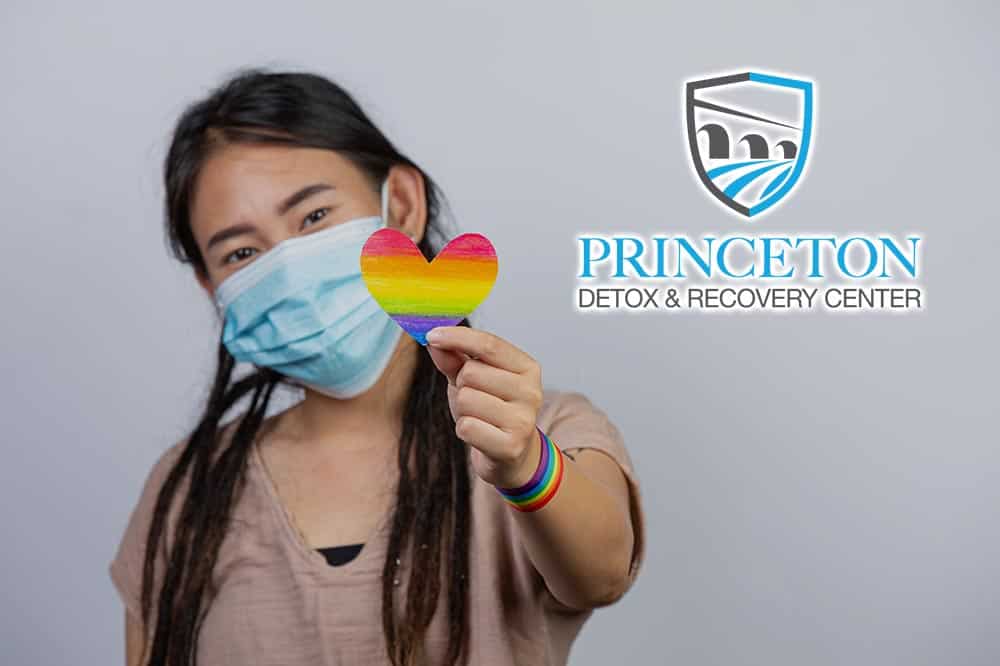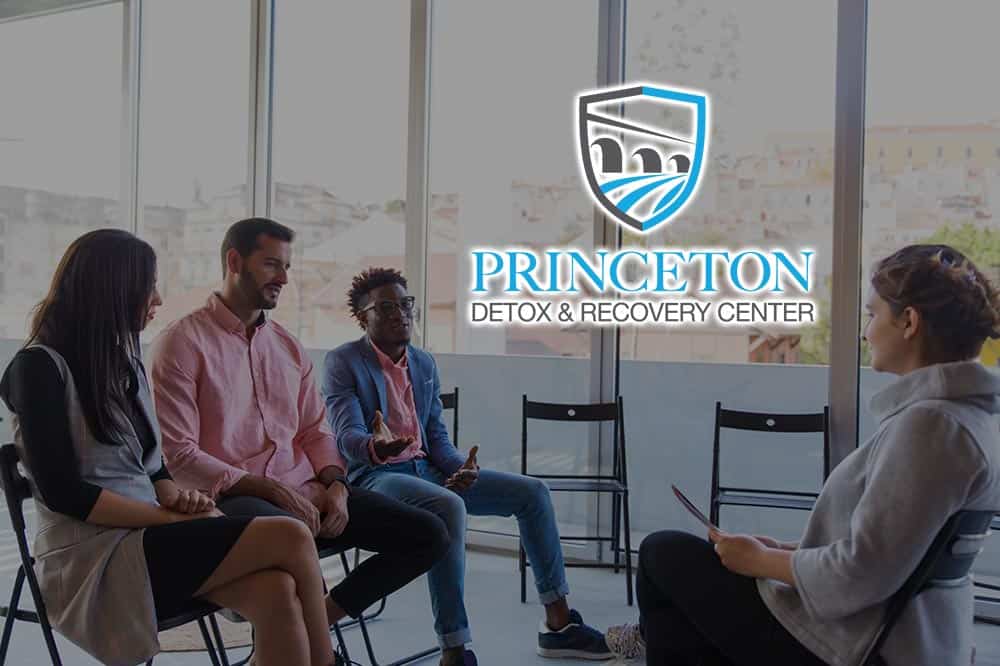Making a Resolution to Quit Cocaine
Cocaine is a highly galomorized, illicit drug – one that has been making guest appearances on the silver screen for decades. When we think of cocaine, we might think of Al Pacino surrounded by a mountain of the white powder in the film Scarface, or Uma Thurman and John Travolta getting their groove on in Pulp Fiction. As a society, we typically consider cocaine recreational – an expensive vice left to the rich, the famous or the fictional. But in reality, cocaine abuse is a serious and devastating issue for many. If you have been struggling with a cocaine abuse disorder or with physical and psychological cocaine dependence, you understand firsthand just how life-shattering this specific addictive disorder can be. With the new year slowly unfolding, you might have made a New Year’s resolution to quit cocaine. But because this chemical substance is so potent, habit-forming and hard to quit, sticking to this resolution is going to take much more than some strong will and a hefty pile of personal consequences.
At Princeton Detox and Recovery Center we have extensive experience treating men and women of all ages and walks of life who have been struggling with cocaine abuse. Our multi-phased, comprehensive program of clinical care was designed by a licensed team of medical and clinical specialists with combined decades experience in the field of substance abuse and mental health. If you are serious about quitting cocaine in the year ahead, we are available to help.

We Are Here For You
Let Us Help You Heal
Our Cocaine detoxification experience is second to none.
Learn how we can help by speaking with one of our Treatment Advisors today.
Cocaine Addiction – Facts and Statistics
While rates of cocaine abuse have not been on the rise throughout the country, many individuals still struggle with a physical and psychological dependence on this potent and insidious substance. According to the National Institute on Drug Abuse, rates of cocaine abuse and addiction have remained relatively consistent since 2009. There were an estimated 1.5 million past-month cocaine users over the age of 12 in the year 2014 alone. Young adults between the ages of 18 and 25 were the most likely to abuse cocaine, and in 2014 there were roughly 913,000 Americans that met the Diagnostic and Statistical Manual of Mental Disorders criteria for cocaine dependence. This specific chemical substance wreaks complete havoc in the lives of its users. Data collected by the 2011 Drug Abuse Warning Network report showed that cocaine was responsible for nearly 40 percent of all drug-related emergency room visits during that same year. The Centers for Disease Control and Prevention reported that overdose deaths directly linked to cocaine increased by 52.4 percent between 2015 and 2016. Among the 70,237 drug-related overdose deaths in 2017, 13,942 (19.8 percent) involved cocaine.
Clearly, cocaine abuse and addiction are still major issues throughout the US. If you have been abusing cocaine and you are serious about quitting in the year ahead, there are several steps you must take. Again – addiction is not a matter or weak resolve or compromised morals. It is a chronic and relapsing brain disease, one that requires long-term treatment in a clinical setting.
How to Quit Cocaine For Good
Staying off cocaine is certainly not easy – not without help, that is. Grappling with a cocaine addiction on your own is an uphill battle. The majority of men and women who attempt to quit without professional help find themselves right back where they started within a matter of weeks (if not days). This is partially because cocaine is so highly addictive, and partially because without the structure provided by an inpatient treatment center, staying off cocaine is all but impossible.
If you are looking to quit cocaine for good this year, it is a good idea to start with a personal commitment to a medical detox center. Attempting to quit cold turkey in an at-home setting is not only dangerous, it is usually unsuccessful. Medical detox facilities offer a safe and structured environment in which clients can undergo cocaine withdrawal. While generally not life-threatening, symptoms associated with cocaine withdrawal are extremely uncomfortable and can lead a person back to using before the detox process is complete. The more common symptoms of cocaine withdrawal include:
- Restlessness and agitation
- A dramatically increased appetite
- Fatigue
- Depressed mood, which can lead to suicidal ideation in extreme cases
- Intense psychological drug cravings
- General feelings of discomfort
- Insomnia and other sleep-related issues
- Vivid and intense dreams or nightmares
Once you have undergone the withdrawal process, it is highly recommended that you immediately transfer into a higher level of clinical care. If your cocaine use disorder is moderate or severe, inpatient or residential treatment is likely required. Also known as “drug rehab,” this phase of the recovery process generally lasts for between one and three months. Inpatient treatment is followed up with a long-term program of aftercare, which focuses on a continuation of 12-step involvement and ongoing individual therapy.
Ready To Begin Your Detox?
Don’t let addiction control your life.
Call us today and let’s get you started on the path to a better you.
Relapse Prevention – Staying Off Cocaine
Once your system is finally clear of cocaine, relapse prevention becomes extremely important. In order to successfully avoid a relapse you must know how to identify your personal relapse triggers. Relapse triggers might include a specific person, the return to a specific place or an uncomfortable feeling that must be adequately worked through. Some of the more common relapse triggers include:
- Exceptionally high stress levels – Stress can be caused by pressures at work or at school, a dysfunctional family unit or a number of other circumstances and situations. Stress management is extremely important when it comes to continued sobriety. At Princeton Detox and Recovery Center we focus on teaching all of our clients effective stress management techniques.
- A return to places or a reconnection with people who were part of your active addiction – For example, maybe you used cocaine with a group of people in your hometown. If you do return home after treatment, it is a good idea to veer clear of these people as you navigate early recovery. If you used cocaine at a specific bar or nightclub, it is a good idea to avoid this type of environment altogether.
- Uncomfortable emotions – For example, feeling the sadness and grief that go hand-in-hand with experiencing loss can be triggering. Feeling angry and worked up over an argument with a close friend or family member can be triggering. We equip our clients with the tools they need to employ healthy coping mechanisms and effectively work through emotions that might otherwise lead to a return to old behaviors – like cocaine use.
- Parties or celebrations – Cocaine is often used recreationally, and it might be associated with parties or other social gatherings. We teach our clients how to socialize in healthy and productive ways, and how to celebrate personal achievements in recovery.
Princeton Detox & Recovery Center
Cocaine Addiction Recovery
At Princeton Detox and Recovery Center we are dedicated to providing the highest level of clinical care available in a structured, home-style retreat setting. In addition to medically monitored cocaine detox we offer a range of recovery-related services, including case management services, individual, group and family therapy and individualized aftercare planning. Our admissions process is simple and straightforward, allowing you or your loved one the ability to receive professional care as quickly as possible. Simply give us a call and we take care of the rest, from travel plans to coordinating a date and a time for intake. At Princeton Detox and Recovery Center we work closely with most major regional and national health insurance providers, making our recovery services as accessible as possible. For a free, no obligation insurance benefit check or to learn more about quitting cocaine long-term contact us today.

Reviewed for accuracy by:
Amanda Hilzer M.Ed, CAADC, IADAC, ICCS, LCADC, CCS
Amanda graduated from Lehigh University with both an undergraduate degree in Psychology and a Master’s of Education degree in Counseling Psychology and has worked in the field of substance use disorder treatment and mental health treatment as a counselor and as a clinical manager for over 14 years.


































